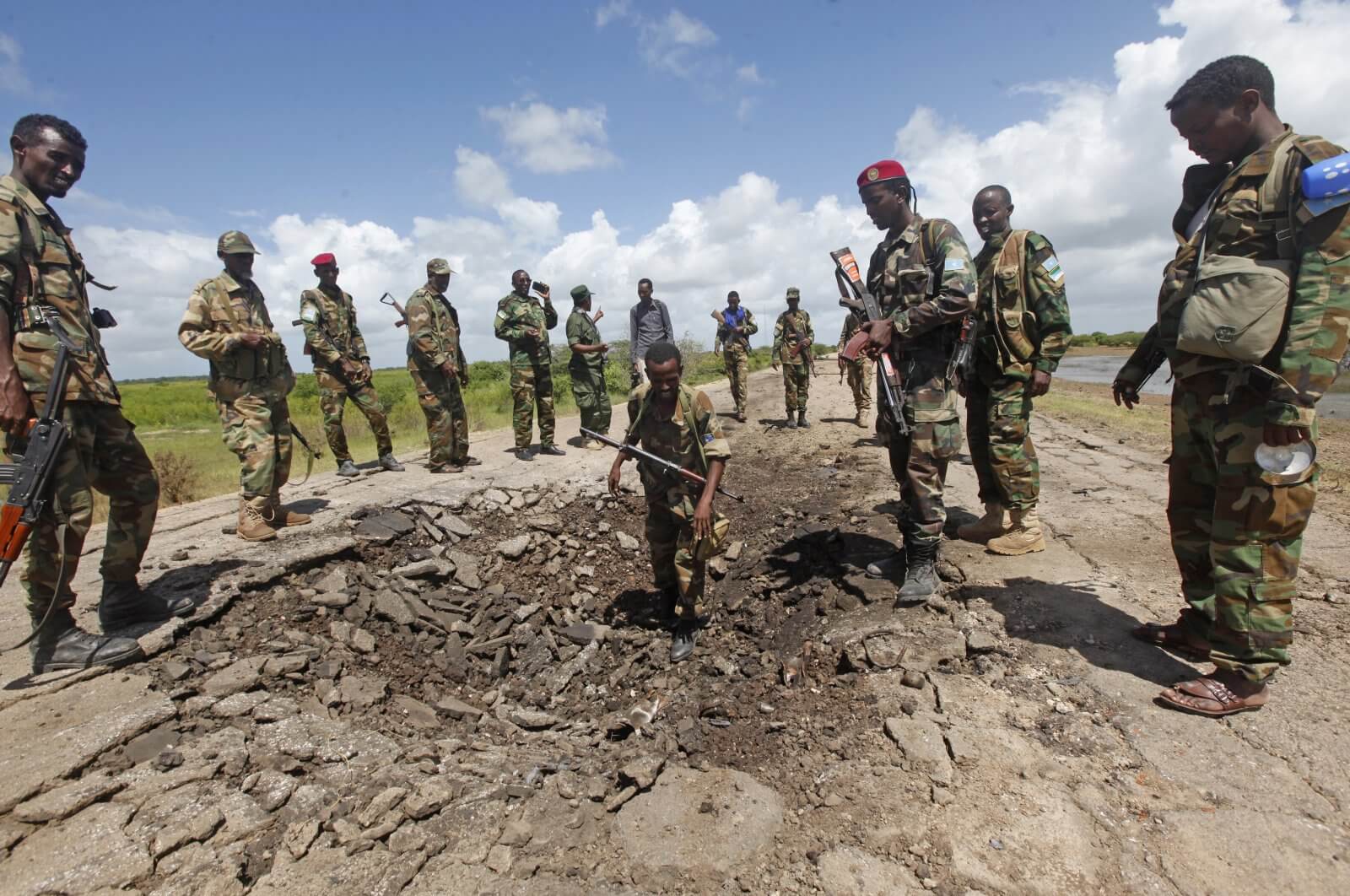After three days of brutal conflict in Somalia’s Galmudug region between government troops and the Ahlu Sunna Wal Jamaa (ASWJ) militants, both sides agreed to a ceasefire on Wednesday. The agreement was reached following talks brokered by the local business community to end the violence and bloodshed caused by the fighting.
Galmudug’s regional President, Abdi Kari Qoorqoor, said the militants agreed to halt fighting and leave the region after lengthy talks with the government. “The town is now under the control of pro-Galmudug forces, and the people who had fled town are now trickling back,” Qoorqoor noted.
The clashes erupted on Saturday as a result of differences between the government and the ASWJ. The government claims that the group violated power-sharing agreements in the federal state and acted without its consent, a charge that the group has not denied.
Earlier this month, pro-Galmudug forces made a pre-emptive attack on ASWJ citing similar concerns. However, the militants were able to recapture several cities from the federal forces and push them back. Since then, government forces have been trying to take back lost areas.
The ASWJ, a moderate Islamist group, was a key ally in the Somali government’s fight against the Al Shabaab insurgency.
A senior ASWJ official told Reuters that over 120 people were killed in three days of fighting and another 600 were injured. Furthermore, 10 government soldiers died and 45 were wounded during the clashes.
According to the United Nations (UN), more than 20,000 households and 100,000 people were displaced due to the violence. UN representative to Somalia James Swan on Tuesday urged both sides to end the fighting and focus on more important issues. “We are concerned that this is a distraction from other critical priorities, namely the completion of the electoral process and a continuation of the fight against al-Shabab,” Swan said.
He added that access to vulnerable people has become “extremely complicated and difficult” as a result of the fighting. Aid agencies have been targeted and one of the workers of a local humanitarian organisation was killed. The UN also said that health centres were damaged, reducing people’s ability to healthcare access.
In a joint statement on Tuesday, the UN, the African Union, and the European Union warned that the fighting was creating a new humanitarian crisis for the country and derailing other government programmes. Furthermore, the statement urged all parties to “resolve their differences” through negotiations. “International partners are prepared to support such efforts if requested by the parties,” it read. The statement was also endorsed by Kenya, Ethiopia, Canada, Germany, the United Kingdom, the United States, Turkey, Qatar, and others.

